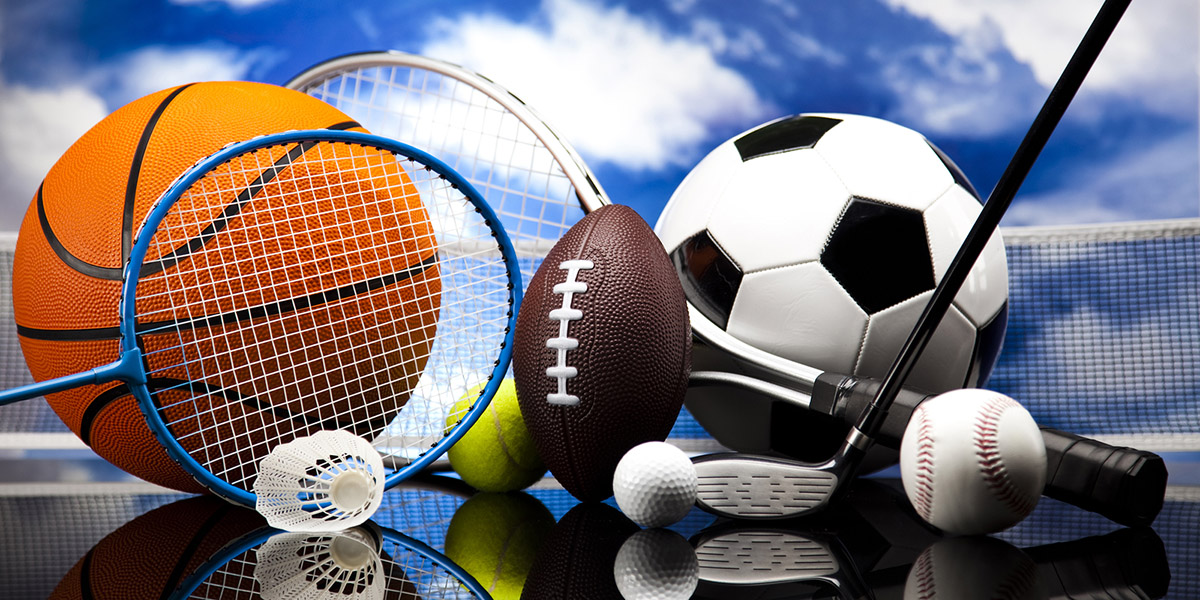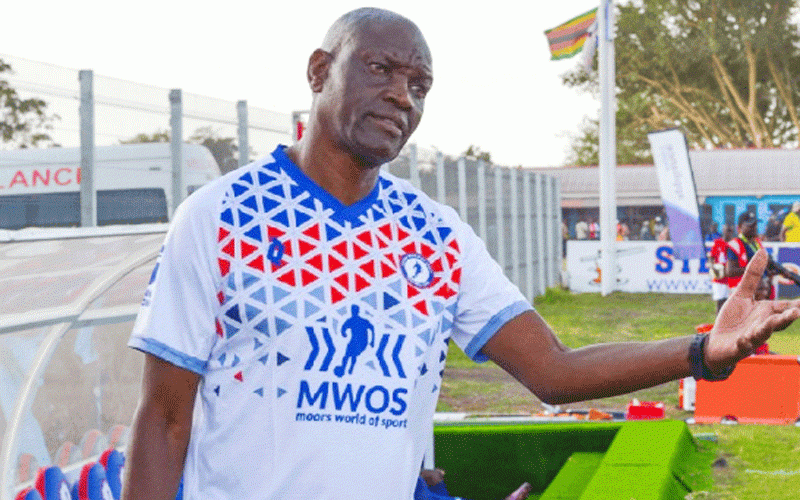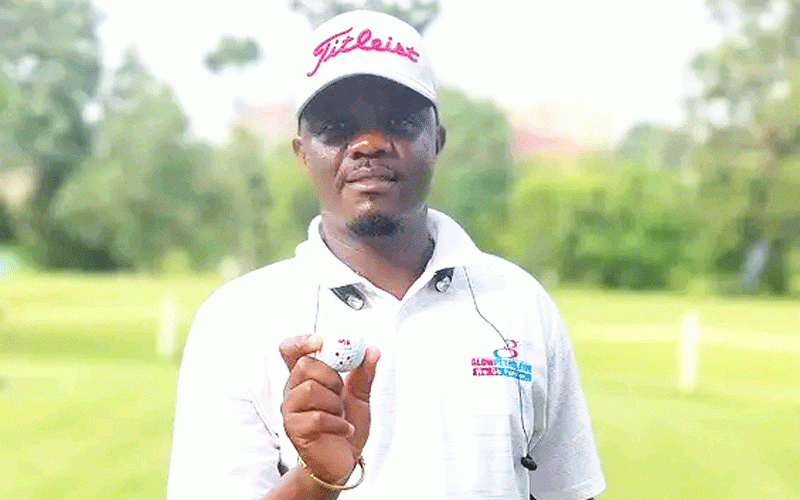
THERE is an old adage that says that “if a thing is worth doing, it is worth doing well.” There is much wisdom in that, not least with regard to teaching our children crucial lessons when it comes to sport at school.
by TIM MIDDLETON
If we are going to do sport at all, we must do it well; there is no point in just going through the motions of doing sport. We must invest heavily in it; we must take it seriously; we must aspire to high standards. There is no point in doing it if we are just going to turn up, practice a few skills and hope for the best; there is no point in doing it occasionally, haphazardly, casually; there is no point in saying we will do it, but then make little effort. If a thing is worth doing, it is worth doing well.
However there is an alternative to that saying which also carries much truth and value — “if a thing is worth doing, it is worth doing badly.” That might sound contradictory and unhelpful, but both truths apply completely. The reason that doing something badly is important relates to its value and worth; if something is valuable and worthwhile, we should continue to do it, even if initially we do it badly, because ultimately, if we persist we will begin to do it better and eventually well.
No-one will do something perfectly immediately; many of our first attempts at tasks or skills are woeful, embarrassing and utterly forgettable! However, if it is worth us doing it, then we will keep on doing it, even if for a while we continue to do it badly. No preacher delivered a brilliant sermon on the first occasion, but we do not say to a preacher after his first sermon that he should never preach again. Preaching is worth a great deal so it is worth working on it to ensure it is eventually done well. Sport at school is worth it, of that there should be no doubt by now. Sport at school, however, as these articles have been showing, has not been done well. We do not simply chuck it in and say “we will never get it right so what is the point of doing it?” Rather, we commit to getting to the point where we do manage to do it right and well.
Jordan Spieth is a young and hugely-talented young professional golfer who in only his second appearance at the US Masters, at the age of twenty-one, won it convincingly in 2015, holding a four-shot lead (as well as many records) going into the final round. His golf on the final day, however, was not quite as free-flowing and dynamic; he really had to grind out scores as he freely admitted afterwards, when he described his final round as a matter of “playing badly well”.
Some days it is the easiest game in the world, but on other days it becomes intensely difficult and confusing; some days we do not even have to think about what we are doing, but just go out and swing the club with incredible success yet on other days we struggle with every aspect of the game. Some days we have to play badly well. Interestingly, in an article in the Denver Post in May 2018, Jordan Spieth’s great friend and yet fierce rival, Justin Thomas, who himself has managed to win one of golf’s four Majors at a young age, echoed his friend’s comment as he is reported as saying that his aim is to “make my bad golf better.” When he plays badly, he simply strives to retrieve all that was good in his game.
The fact is that whether it is in sport, business, relationships or life in general, we will all have “off-days”, we will all struggle with what we are trying to achieve. Just as no sportsman ever plays a brilliant, faultless game every game, so none of us can have joyful, fruitful, hopeful days every day. We will all play badly at times; we will all have bad days. The key thing in such situations is to heed the advice of these golfers: We must play badly well. We must grind out results; we must go back to the basics and regain our confidence.
- Chamisa under fire over US$120K donation
- Mavhunga puts DeMbare into Chibuku quarterfinals
- Pension funds bet on Cabora Bassa oilfields
- Councils defy govt fire tender directive
Keep Reading
As has been stated often before in these articles, we must do sport well at school. It is patently obvious that we do not do sport well in our schools all the time, in a similar way that we do not play sport well in every match. We must not simply give up; we must resolve and learn to do badly well. We need firstly to be aware of this fact, then admit it, accept it, anticipate it even and then act on it.
We need to play badly well, in the right spirit, with the right attitude, for the right reasons; we need to play badly well in the same way we play well, well! We need to find once again the balance that enabled us to do it well in the first place; we need to find the timing, patience, persistence, practice. The sign of a great team, it is often said, is when they get the results even when they are playing badly. They learn to play badly well. We need to do the same, at school, in sport, in life. It is worth it!
Tim Middleton is a former international hockey player and headmaster, currently serving as the executive director of the Association of Trust Schools. Email: [email protected] Ferestius, aspis ium sinus











